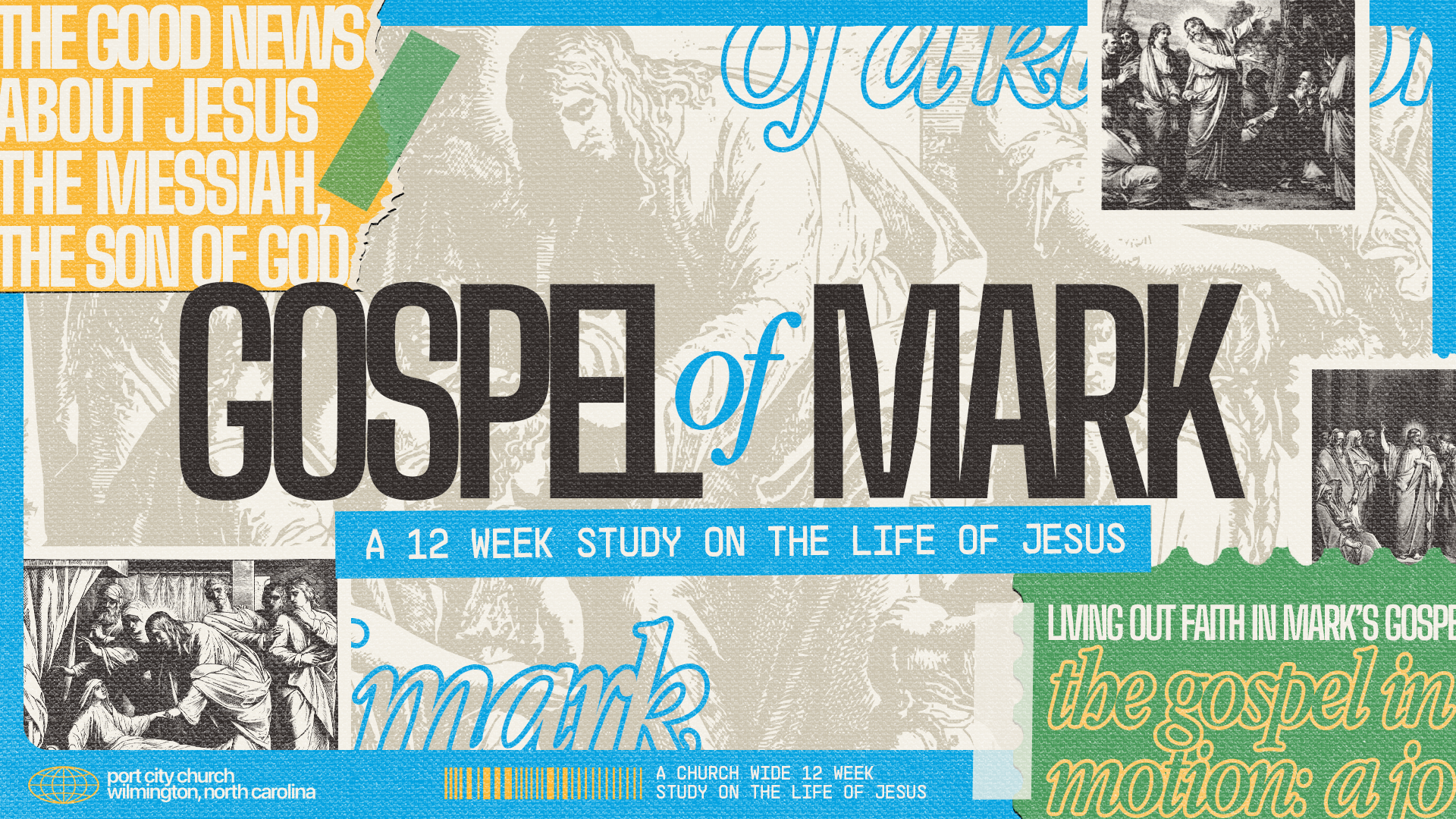The Poor Widow
READ
In today’s passage, we get to see two different scenes in the Jerusalem temple that perfectly capture Jesus' upside-down kingdom values
Let’s take a moment to read Mark 12:35-44:
While Jesus was teaching in the temple courts, he asked, “Why do the teachers of the law say that the Messiah is the son of David? David himself, speaking by the Holy Spirit, declared: “‘The Lord said to my Lord: “Sit at my right hand until I put your enemies under your feet.”’
David himself calls him ‘Lord.’ How then can he be his son?”
The large crowd listened to him with delight.
As he taught, Jesus said, “Watch out for the teachers of the law. They like to walk around in flowing robes and be greeted with respect in the marketplaces, and have the most important seats in the synagogues and the places of honor at banquets. They devour widows’ houses and for a show make lengthy prayers. These men will be punished most severely.”
Jesus sat down opposite the place where the offerings were put and watched the crowd putting their money into the temple treasury. Many rich people threw in large amounts. But a poor widow came and put in two very small copper coins, worth only a few cents.
Calling his disciples to him, Jesus said, “Truly I tell you, this poor widow has put more into the treasury than all the others. They all gave out of their wealth; but she, out of her poverty, put in everything—all she had to live on.”
REFLECT
In the first scene, Jesus poses a challenging question about the Messiah's identity. In the second, he observes people giving their offerings and makes a surprising comment about a poor widow's tiny gift. Jesus asks a thought-provoking question: "Why do the teachers of the law say the Messiah is David's son?" He then quotes Psalm 110 where David calls the Messiah "my Lord," pointing out, "If David calls him 'Lord,' how can he be his son?" This wasn't just a word puzzle. The religious leaders expected a political-military Messiah like David, but Jesus was hinting at something more – the Messiah would be both human (David's descendant) and divine (David's Lord). Jesus was subtly revealing his own identity while challenging their limited understanding.
Jesus then criticizes these same religious leaders who loved the spotlight – the flowing robes, special greetings, and best seats. They even "devoured widows' houses" while making showy prayers. All appearance, no substance. This criticism of religious leaders who exploit widows sets up the powerful contrast in the next scene. Jesus sits down opposite the temple treasury and watches as people drop money into the offering boxes. Many rich people throw in large amounts, but a poor widow catches Jesus' attention when she drops in two tiny copper coins worth just a fraction of a penny.
Jesus calls His disciples over to witness this easily overlooked moment: "Truly I tell you, this poor widow has put more into the treasury than all the others. They all gave out of their wealth; but she, out of her poverty, put in everything—all she had to live on." This observation reveals Jesus' radically different way of evaluating generosity. While others saw the absolute amount given, Jesus saw the relative sacrifice. The wealthy gave amounts they would never miss – the widow gave everything she had. Her giving demonstrated extraordinary trust in God to provide for her needs.
Some people have misinterpreted this story as Jesus praising a religious system that takes advantage of the poor. But remember, he had just condemned religious leaders who "devour widows' houses." He wasn't celebrating a system that impoverishes vulnerable people but highlighting this woman's extraordinary faith despite that broken system.
Together, these two scenes reveal key truths about Jesus' upside-down kingdom. First, true greatness comes through service, not status. The religious leaders who craved recognition and special treatment were furthest from God's kingdom, while an anonymous widow embodied kingdom values through sacrificial giving.
Second, God evaluates us not by outward appearance or accomplishment but by heart motives and faithfulness with whatever resources we have – whether many or few. The widow's tiny offering demonstrated more trust than all the combined gifts of the wealthy donors. Third, Jesus Himself embodied the paradox he observed. As both David's son and David's Lord, He would soon make the ultimate sacrifice, giving not just a portion but his very life. Like the widow who gave "all she had to live on," Jesus would give all he had for our sake.
RESPOND
Take a moment to process what God might be leading you to do in light of what you read.
Jesus praised the widow not for the amount she gave but for giving her all. In what areas of your life might you be holding back from full commitment to God? What might it look like to give God "everything" in those areas?
REST
Take a moment to rest in God’s presence and consider one thing you can take away from your time reading, then close your devotional experience by praying:
Lord Jesus, forgive me for the times I've valued appearance over substance and comfort over sacrifice. Thank you for the example of the widow who gave her all, and even more for your ultimate sacrifice for me. Help me to hold my resources, time, and talents with open hands, trusting you completely. Teach me to live by the values of your upside-down kingdom. Amen.

